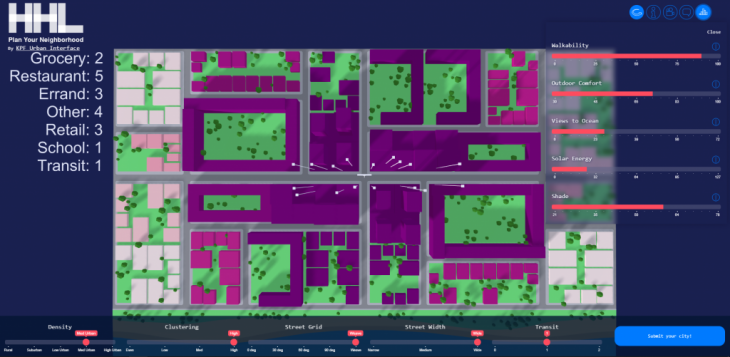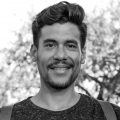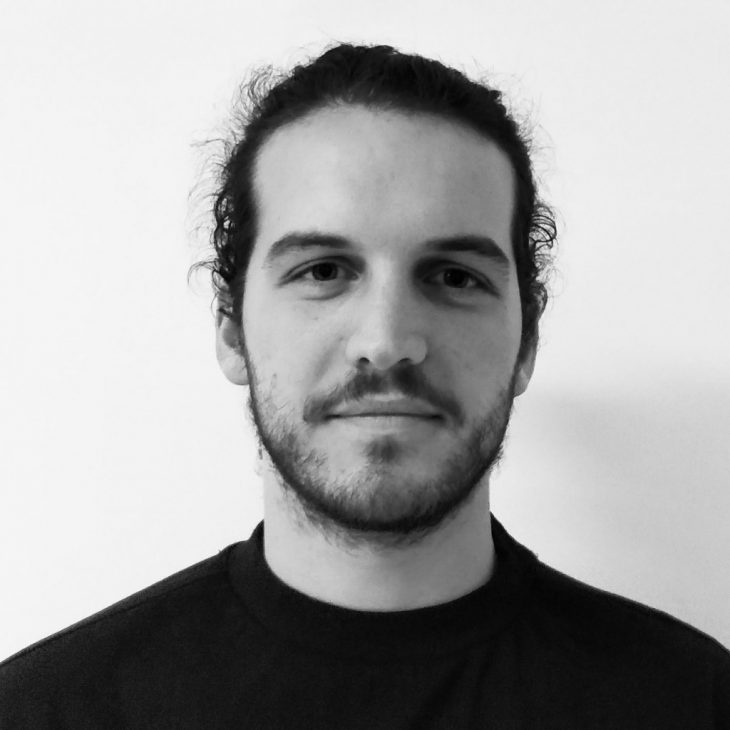Master in City & Technology 2019/20 – Term III
Seminar Name: Computational Design III – User Interface
Total Hours: 20 hours
Faculty: Eugenio Bettucchi, Rodrigo Aguirre, Alex Mademo
Technical Support: Iacopo Neri


Credits: NBBJ – Digital Practice
Syllabus
The Computational design III seminar will develop as a technical course that implements and extends the studio projects (focused on the Internet of Buildings) by defining a specific methodology able to propose solutions to potential and critically identified and studied at a more conceptual level. User interfaces represent the core part of the course allowing to synthetise complex relations and to viusalise several layers of the built environment in the actual state and in a potential envisioned scenario.

Credits: KPF Urban Interface
By definition user interfaces are the point of contact between human and machines, where interaction and communication on a device, webpage, or app take place. Along this course we will focus on GUI – Graphical User Interfaces oriented towards an integrated layout that embed results of analysis, simulation and calculation.
The use of an interface between the code and the user allows to expose only the needed parameter or information while keeping the user focused on the interaction and on the effective results. The goal is to make students able to master these topics applying them into a project but also, in a broader aspect, develop a tool that can then be applied to a wider context in a systematic way.
Faculty

Rodrigo Aguirre Rodrigo Aguirre is a Nicaraguan architect specialised in the fields of parametric tooling, digital fabrication and manufacturing. He obtained his bachelor in architecture at UAM (American University) in Managua, Nicaragua and completed the two-year Master in Advanced Architecture at the Institute for Advanced Architecture of Catalonia (IAAC) in Barcelona, Spain.
His ongoing collaboration with the Institute’s REsearch + DEvelopment department and IAAC special projects have involved advanced form finding and computational methods related to generative design. He is a principal member of the computational faculty and has acted as studio instructor for the master’s programmes in 2014. His work as a ‘Tallerista’ has led to his involvement with workshops related to the translation of computational protocols to the fabrication of physical prototypes. From 2013-15 he has coordinated international workshops in Brazil and Nicaragua related to digital tooling and participated as faculty in multi-scalar design workshops in Egypt and China, the latter of which focused on the production of 1:1 scale construction.
Rodrigo has also been involved with the last three editions of IAAC’s Global Summer School (GSS), acting as a tutor in 2012-13, and coordinator of the affiliated Global School in St. Petersburg, Russia during the 2014 session. He continues his involvement in the 2015 edition as a coordinator, tutor and manager of communications and digital media.

Eugenio Bettucchi is a civil engineer with a degree in Building Engineering & Architecture from Alma Mater Studiorum, University of Bologna (IT). He developed his thesis focusing on robotic material deposition based on real-time feedback. Actually he is senior designer at Noumena Barcelona, his interests and skills lie in computational design and digital fabrication. He is part of the IaaC assisting students in MRAC (master in Robotic and Advanced Construction) and OTF (Open Thesis Fabrication) master programme and in several other masters. He is also involved in the ROMI project (Robotics for Micro Farming) contributing to the development of autonomous aerial solutions.

Alex Mademochoritis is a Greek-French urban technologist. He is the coordinator of the Master in City & Technology and the Global Architecture and Design programs in the Insitute for Advanced Architecture of Catalonia (IAAC). His research and academic interests include the development and application of urban technologies and big data, in relation to their potentials in transforming urban environments into responsive, human-centered, ecological and intelligent cities.

Iacopo Neri’s research lies at the intersection between architecture, computer science and urban planning. He holds a Master of Science in Architecture with Distinction at The Polytechnic University of Milan, and attended a Master in City and Technology at the Institute for Advanced Architecture of Catalonia (IaaC, Spain) after presenting a paper about Swarm Intelligences for crowd-based analysis during the Responsive Cities Symposium (2017, Barcelona). He has been involved as a teaching assistant since 2015 at the University of Florence, later, at The Polytechnic University of Milan, and finally at IAAC where he is currently part of the City and Technology computational research team. He also works as a computational designer at External Reference Architecture Bureau, Barcelona.
